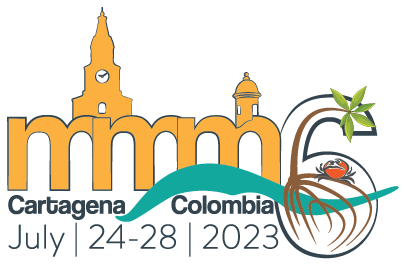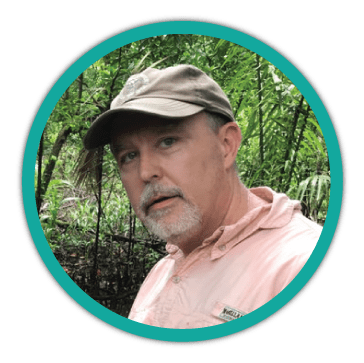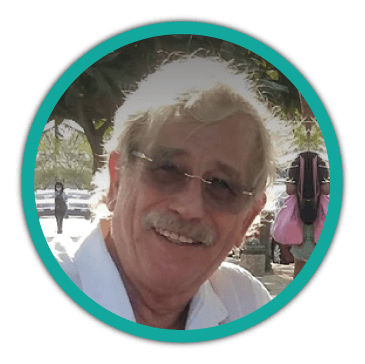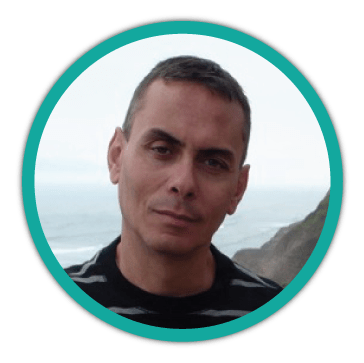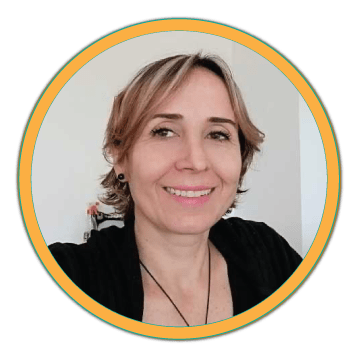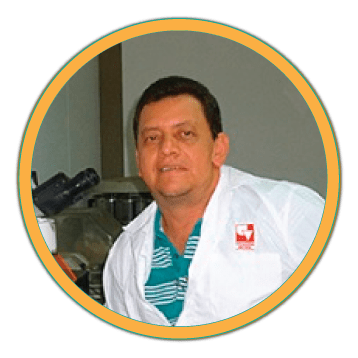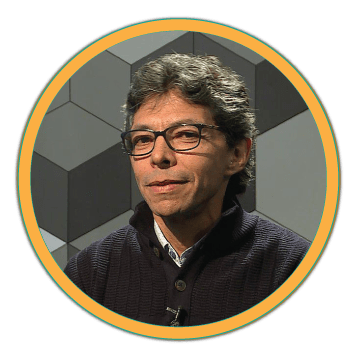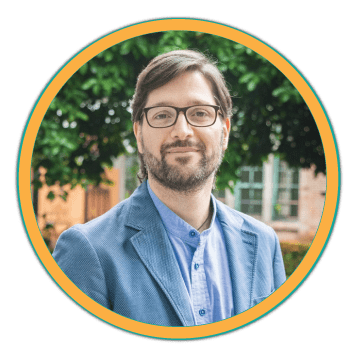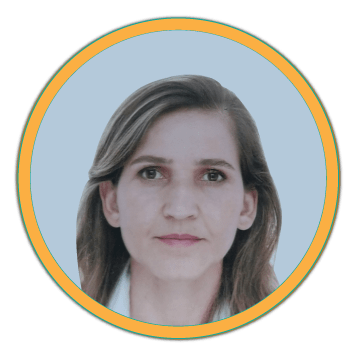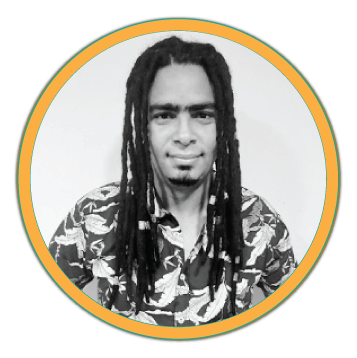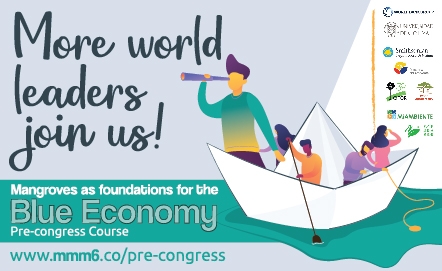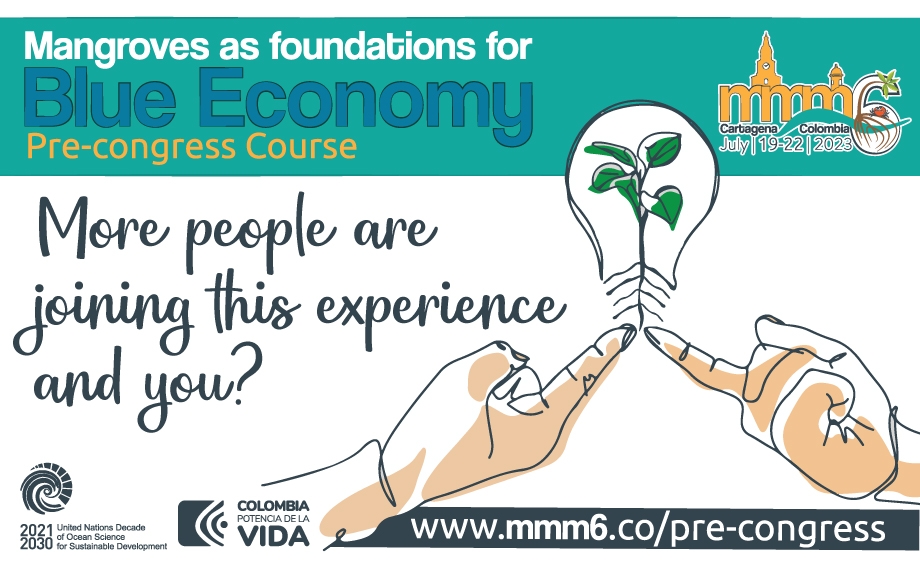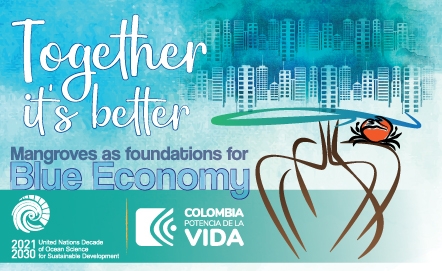This course will have an experiential dynamic, developed through active learning activities that allow the expression of personal reflections and common commitments which can be applied in both public and private organizations, and which can serve as an impetus for the creation of new initiatives in academia, the private sector, government and communities.
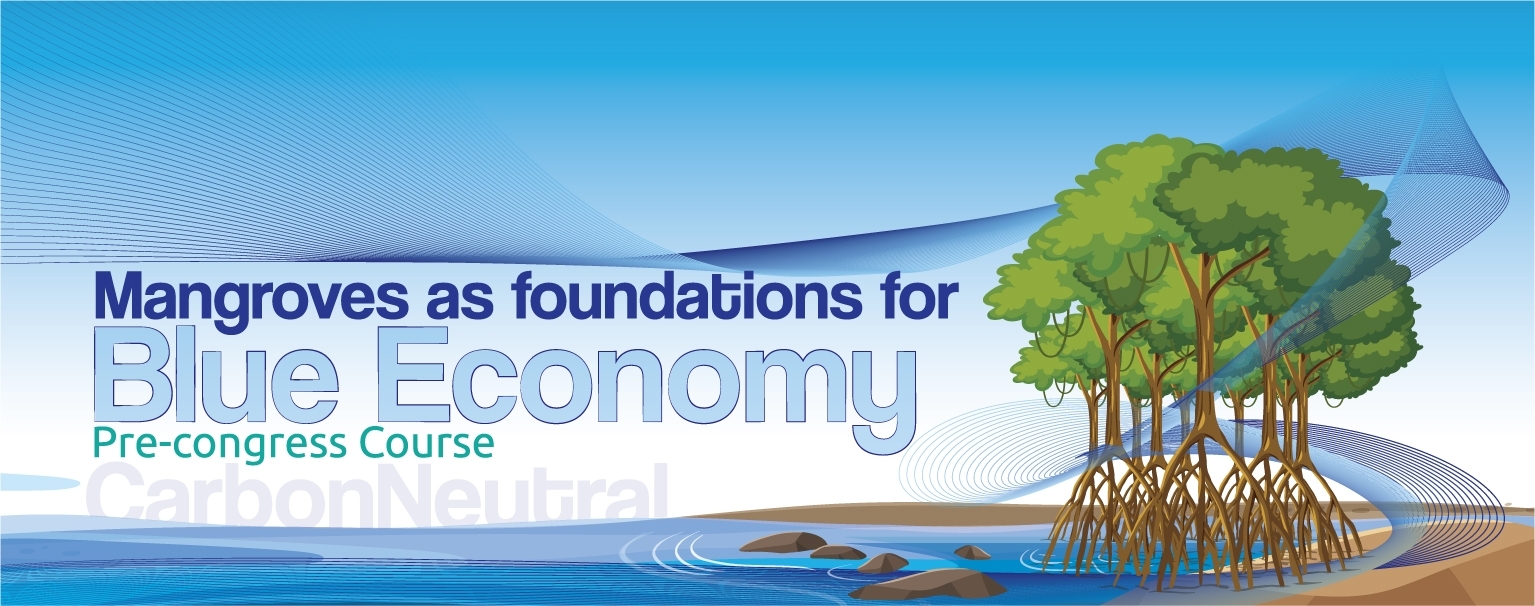
Why the Ciénaga Grande de Santa Marta?
This swamp is located in the extreme northwest of the department of Magdalena and is considered the largest and most productive coastal lagoon in the Colombian Caribbean.
In 1998, Colombia joined the Ramsar Convention and the Magdalena River Delta Estuary System – the Ciénaga Grande de Santa Marta – was designated as the country’s first Wetland of International Importance.
Considering once again the rich fauna and flora of the ecoregion, the United Nations Educational, Scientific and Cultural Organization (UNESCO) declared the Ciénaga Grande de Santa Marta a Biosphere Reserve in the year 2000, with the aim of harmoniously promoting the integration of populations and nature.
Local Ecosystem Services
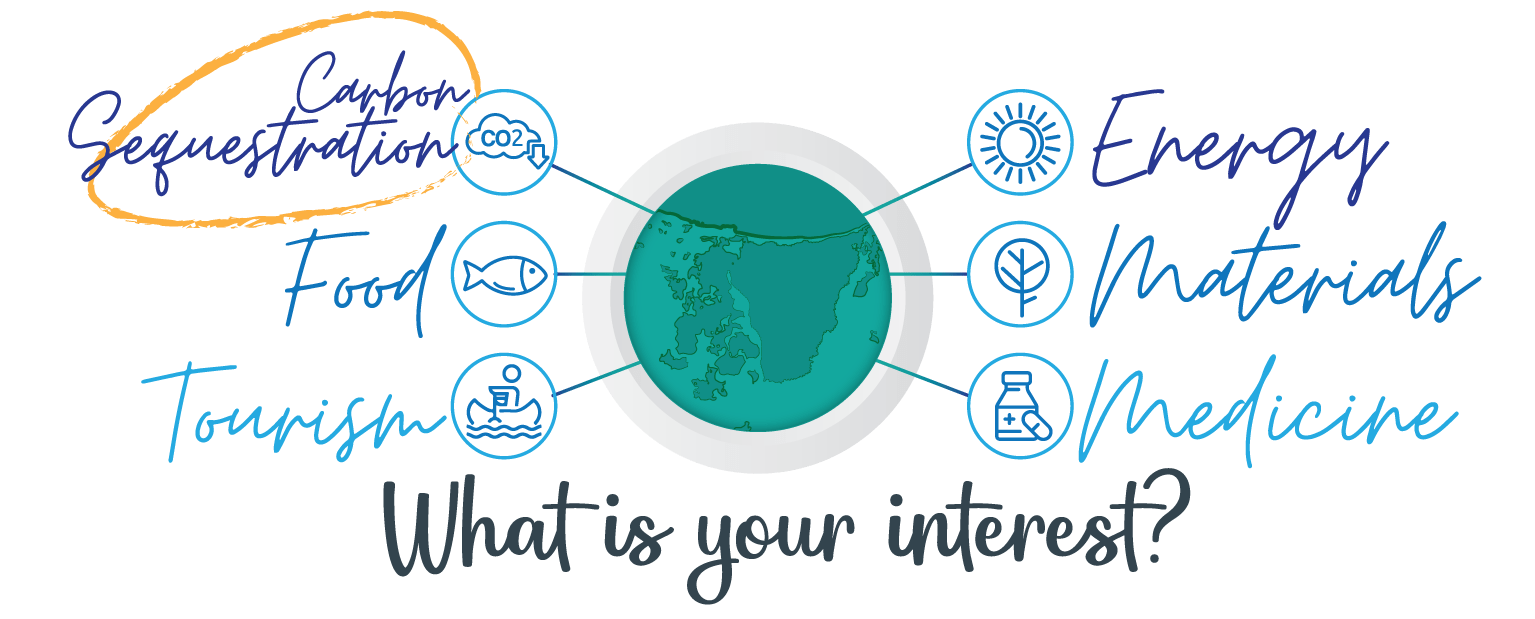

Host Instructors
Why take this course?
Join our unique course located in the stunning environment of the Ciénaga Grande de Santa Marta, and gain valuable insights into DECARBONIZATION and SUSTAINABILITY and how to provide consulting support to organizations in these areas. You’ll learn how to align your goals with global sustainability efforts while discovering BLUE CARBON – the carbon storage process found in coastal soils, including seagrasses, salt marshes, and mangroves. The course explores mangrove ecosystems, their potential for decarbonization, coastal protection and their rich biodiversity, as well as other ecosystem services and their relevance for communities, along with the emerging concept of the BLUE ECONOMY.

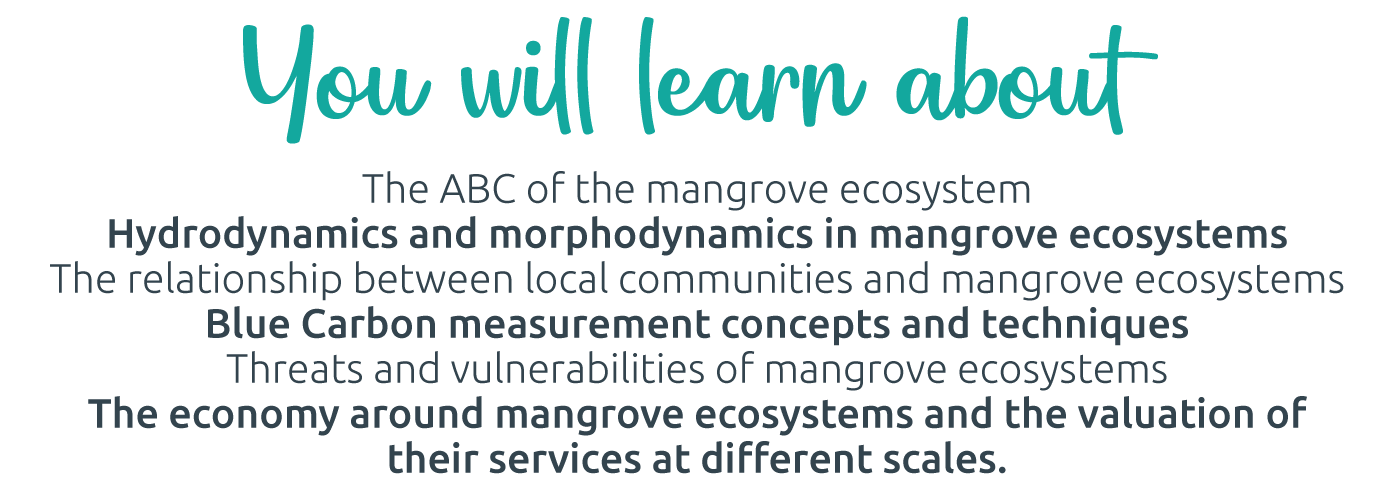
SCHEDULE
Day 1 | 19 July
Day 2 | 20 July
Day 3 | 21 July
Day 4 | 22 July


All transport during the course, including from Cartagena to Santa Marta, and back.

All breakfasts, lunches and dinners are of the highest quality and with local produce.

Talks and discussions (including in the field) with international and national course instructors.

Networking with national and international experts.

Boat excursions.

Experience with the Bongoducto community. Knowledge dialogues with indigenous and other local communities in the Ciénaga.

Souvenir kit.

5 star accommodation in Santa Marta.

Tours in the Ciénaga with local guides and national and international mangrove experts.

Visit to the ``Salamanca Island Park`` and mangrove forests, marshes and exceptional beaches.

Getting to know mangroves and their environment first hand.

Travel insurance.

Certificate of continuous education from the National University of Colombia and the University del Valle, for 32 hours of training.

Certificate CEMarin seal of quality.

Bilingual course.

All transport during the course, including from Cartagena to Santa Marta, and back.

5 star accommodation at the ESTELAR Santa Marta Hotel (Certified for sustainability).

All breakfasts, lunches and dinners are of the highest quality and with local produce.

Tours in the Ciénaga with local guides and national and international mangrove experts.

Talks and discussions (including in the field) with international and national course instructors.

Getting to know mangroves and their environment first hand.

Visit to the ``Salamanca Island Park`` and mangrove forests, marshes and exceptional beaches.

Networking with national and international experts.

Experience with the Bongoducto community. Knowledge dialogues with indigenous and other local communities in the Ciénaga.

Boat excursions.

Travel insurance.

Souvenir kit.

Bilingual course.
COURSE COST
| MODALITY | VALUE |
|---|---|
| All included | $USD 1500 |
| Without accommodation | $USD 1100 |
CERTIFIED COURSE
United Nations Decade of Ocean Science for Sustainable Development certified course.
Certificate, CEMarin seal of quality.
Certificate of continuous education from the National University of Colombia and the University del Valle, for 32 hours of training.
Supported by the Colombian Ministry of Environment and Sustainable Development.
